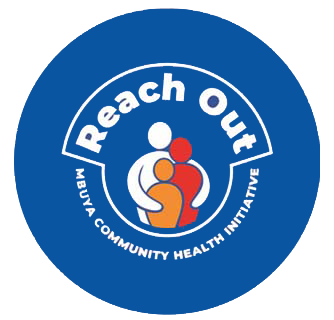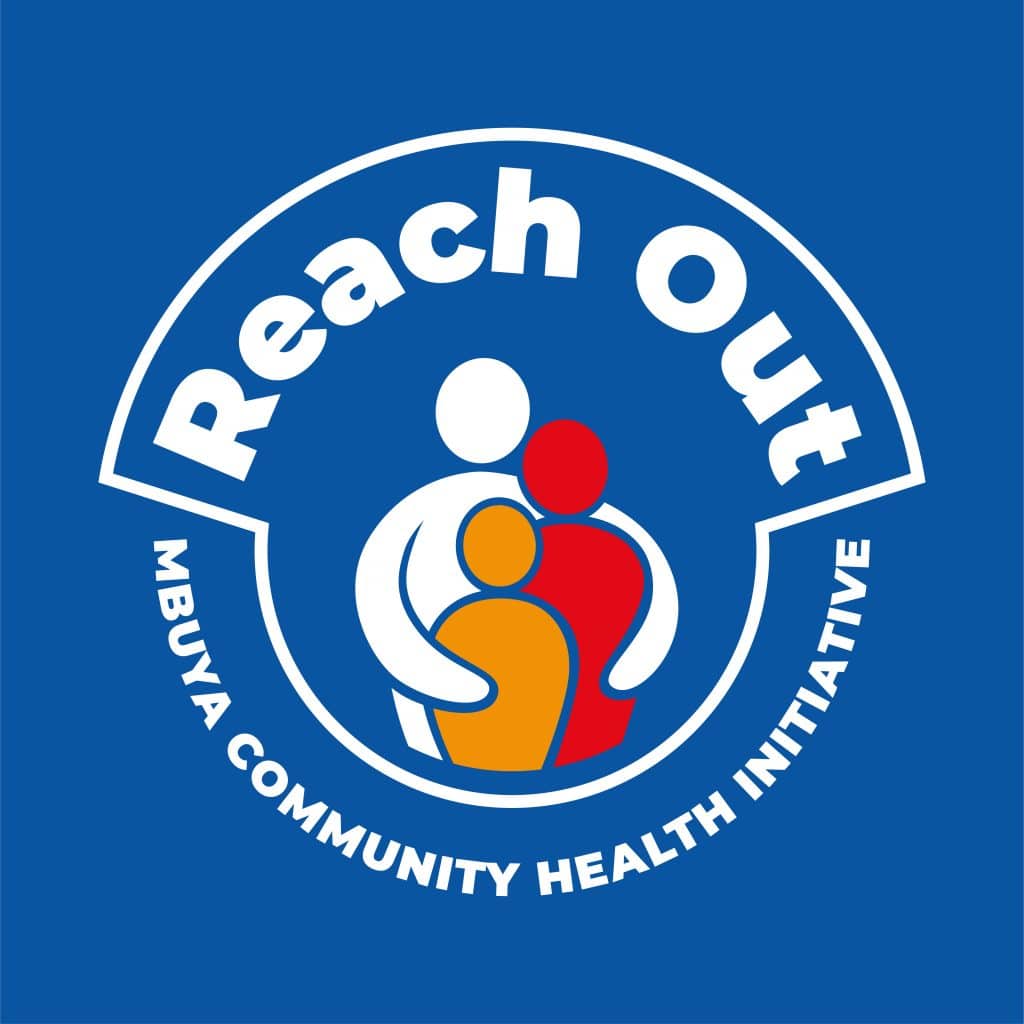More than 90% of new HIV infections in infants and young children come from mother-to-child transmission, according to UNICEF. Mother-to-child transmission of HIV can occur during pregnancy, childbirth, or breastfeeding.
ROM offers a comprehensive PMTCT (Prevention of Mother-to-Child Transmission) program that brings together prevention and counselling, medical treatment, and follow-up with pregnant and lactating mothers. As of 2020, ROM has achieved 0% transmission of HIV between HIV-positive mothers and their children. The PMTCT program incorporates a four-pronged approach:
|
|
|
Primary prevention of HIV infection among women of reproductive ageROM sensitizes women and youth of reproductive age on HIV prevention through the Young Mothers’ Club, the Post-Test Club, and out-of-school and in-school youth activities. These activities are detailed in the Prevention and Psychosocial Support page. |
Preventing unintended pregnancies among HIV infected womenAs clients sit in the waiting area of ROM’s clinics, they watch “Health Talks” documentaries that include discussion of sexual and reproductive health. Women in need of family planning services are referred to public and private health facilities that partner with ROM. At outreach sites, ROM partners with the Amalgamated Truckers and General Workers Union (ATGWU) to provide reproductive health services for the key populations. |
|
|
|
Eliminate the transmission of HIV from infected pregnant mothers to their babies
Early Infant Diagnosis: Mothers and infants are provided with nevirapine syrup to help prevent mother-to-child HIV transmission. This is a medication the mother takes when labor begins and the infant takes hours after birth.
Provision of treatment, care and support to HIV-infected mothers and their children
eMTCT community support: Pregnant and lactating mothers are linked to mother-to-mother (M2M) community supporters, who are often residents of their own communities and HIV-positive themselves. These supporters follow up with the pregnant and lactating mothers until their babies are two years old. Mothers are also enrolled in family support groups for improved follow-up, adherence, disclosure and family support.

